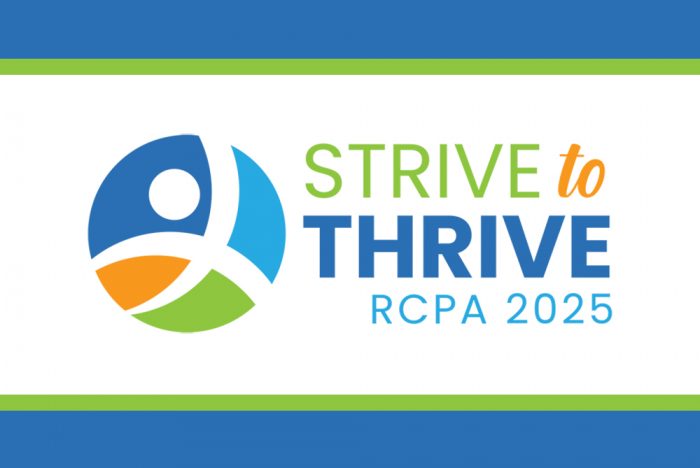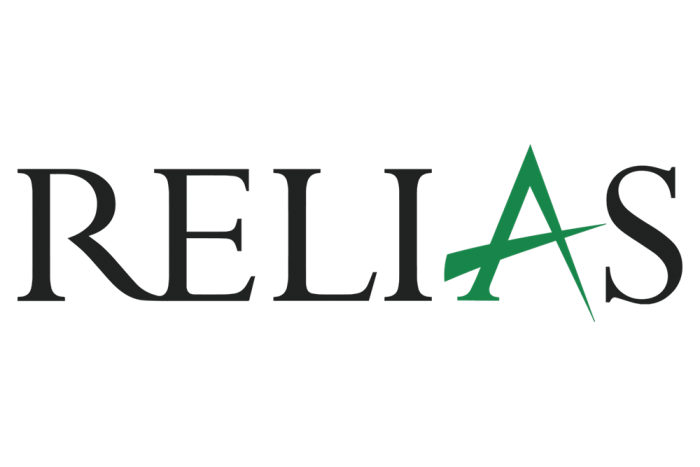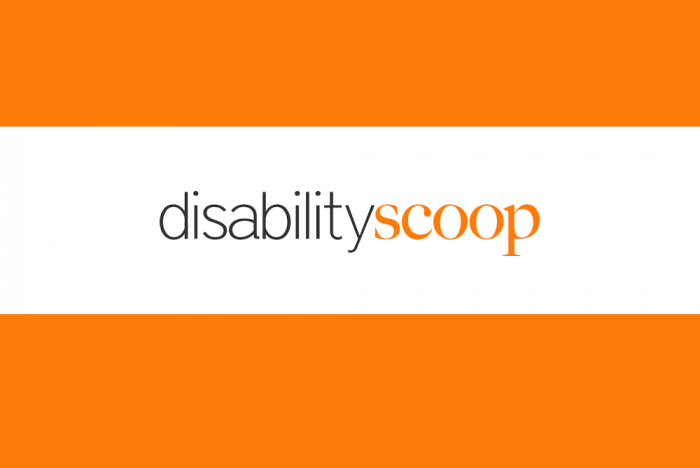Providers are invited to attend a virtual informational session regarding the proposed regulatory chapters for Residential Services for Children. This session will provide highlights of the key changes being proposed to regulations governing child residential settings (including parent/child settings and outdoor programs), secure detention, and secure residential facilities. These proposed regulatory chapters are identified as:
- 55 Pa. Code Chapter 3900 Child and Youth Facility Requirements
- 55 Pa. Code Chapter 3910 Child Residential Facilities
- 55 Pa. Code Chapter 3920 Secure Residential and Secure Detention Facilities for Youth
These proposed regulatory chapters currently are under review within the Governor’s Office, and the Office of Children, Youth, Families (OCYF) is projecting publication in the last quarter of calendar year 2025. There will be a 60-day comment period following publication of the proposed regulations.
In advance of publication, however, OCYF is extending the opportunity to attend an informational session to highlight proposed key changes to existing practices.
DATE: There are two dates you can attend. The content will be the same at each session.
TIME: 1:00 pm – 3:00 pm (the same for both sessions)
RCPA, as part of the Children’s Residential Services and Children’s MH Division, will be assembling a regulatory review team as part of the regulatory promulgation and public comment process. RCPA has performed a similar review for the PRTF, Crisis, IBHS, and Outpatient Psychiatric processes, as well as a host of other DHS regulatory efforts.
If you are interested in being a part of this review, please contact RCPA Mental Health Policy Associate Emma Sharp. RCPA will convene a Chapter 3900 Work Group within a week of the OCYF presentation.
















 With a little less than a month before kick-off, RCPA is excited to announce a new keynote speaker in our lineup at the 2025 Annual Conference Strive to Thrive! We will now be kicking off our conference with Al Guida, JD, Owner of Guide Consulting Services, Inc., to discuss Impacts of Federal Issues on the Human Services System. Guida is a nationally recognized advocate and strategist who has provided valuable federal policy and regulatory solutions for Guide Consulting Service’s health care clients in the provider, technology, and public health sectors. He has helped clients realize measurable goals in mental health parity, biomedical research, child poverty, and child welfare, and his legislative portfolio includes successful collaborations with major Congressional committees, the Department of Veterans Affairs, and the Department of Health and Human Services. Working together, the Guide Consulting Services team have established and secured funding for Mental Health First Aid, Certified Community Behavioral Health Clinics, and the 988 National Suicide Prevention Coordinating Office. In 2024, Guida was recognized as one of DC’s 500 Most Influential People.
With a little less than a month before kick-off, RCPA is excited to announce a new keynote speaker in our lineup at the 2025 Annual Conference Strive to Thrive! We will now be kicking off our conference with Al Guida, JD, Owner of Guide Consulting Services, Inc., to discuss Impacts of Federal Issues on the Human Services System. Guida is a nationally recognized advocate and strategist who has provided valuable federal policy and regulatory solutions for Guide Consulting Service’s health care clients in the provider, technology, and public health sectors. He has helped clients realize measurable goals in mental health parity, biomedical research, child poverty, and child welfare, and his legislative portfolio includes successful collaborations with major Congressional committees, the Department of Veterans Affairs, and the Department of Health and Human Services. Working together, the Guide Consulting Services team have established and secured funding for Mental Health First Aid, Certified Community Behavioral Health Clinics, and the 988 National Suicide Prevention Coordinating Office. In 2024, Guida was recognized as one of DC’s 500 Most Influential People. Following Al Guida will be Pennsylvania’s DHS Secretary Val Arkoosh. Attendees will shift their focus from the federal level to the state, with the DHS Secretary highlighting key issues facing PA providers, including trends, impacts of federal policy at the local level, and current initiatives related to Performance-Based Contracting and value-based purchasing.
Following Al Guida will be Pennsylvania’s DHS Secretary Val Arkoosh. Attendees will shift their focus from the federal level to the state, with the DHS Secretary highlighting key issues facing PA providers, including trends, impacts of federal policy at the local level, and current initiatives related to Performance-Based Contracting and value-based purchasing.

